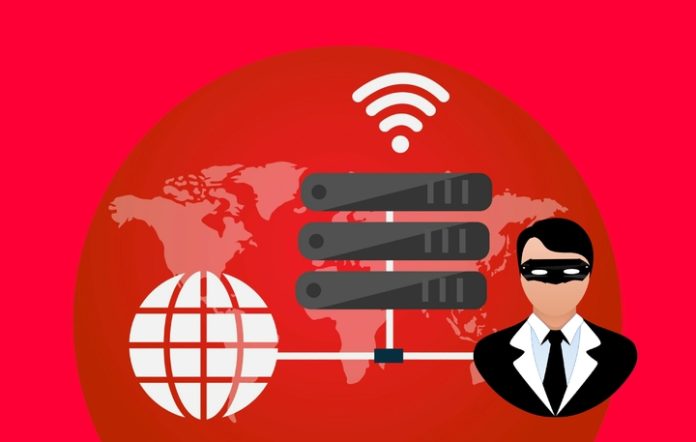Website security is a topic that receives little thought until a security breach happens and everyone finds themselves running across the office, panicking, and looking for a solution. On the contrary, website security should be a topic that all leaders and managers are proactively seeking to learn more about in order to fortify their websites.
Think of this as a situation equivalent to you riding a bike as a child without any knee pads or a helmet – while it may feel exhilarating carrying on without any extra weight, you may soon find yourself red with regret when you fall and think about how you should have worn the extra protection your mom warned you about all along.
Given below are six ways how you can ensure your website’s security:
-
By taking the most basic security measures
Having a strong password and enabling two-factor authentication is pretty much a no-brainer, and a solid move on your way to ensuring website security. Refrain from using your date of birth, the name of your pet, your middle or last name, or any other given nicknames in your passwords. Such passwords are easily hacked by brute force techniques and hence use a combination of alphanumeric characters and symbols to form a strong password. You should also pay heed to enable two-factor authentication for every new session and login.
-
By using an SSL certificate
An SSL certificate is a digital certificate that ensures authenticity in a company website and allows for an encrypted connection. They are extremely easy to purchase and set up. The main idea behind SSL certificates is that they transmit data through encryption, and hence a successful hacking attempt on your website is likely to receive only an encrypted mess that they might not be able to make sense of and no actual data. These are especially important if visitors need to use their credit card information on your website and there exist several versions of SSL protocols which include extended validation certificates, organization validated certificates, and unified communications certificates, amongst others.
-
By choosing a reputed website hosting
The hosting server for your website is its foundation, and a weak foundation never makes a strong home. If you install multiple security measures and software to ensure website security but scrounge away in spending on website hosting, all of your earlier efforts might as well have been for nothing. Be sure not to go for the cheapest hosting solution or for the one that does the bare minimum. Ensure that your hosting server doesn’t allow any backdoor access. In addition to scalability, speed, and bandwidth, your website host should also boast SSL certificates, automated malware scans, domain privacy, and firewall security.
-
By updating all your website software regularly
If your website is home to a content management system such as Shopify, Joomla, Ghost, or the ever-popular WordPress, be sure to check for regular updates and install those right away. Not only do these updates bring with them added features and a better interface, but they also account for added security measures that the CMS the software may have discovered breaches or easy passes for. Such software continuously performs penetration testing to check for vulnerabilities in their systems and if any are found, the next version features fortifications against those.
-
By ensuring endpoint security
An endpoint is essentially any device that is a physical endpoint on a given network. This includes desktops, computers, mobile phones, servers, and virtual devices and requires protection from hackers. Endpoint security measures include installing firewalls, anti-virus software, email filters, and managed detection response or mdr services to protect your company website. Endpoint security is essential for your company if you wish to protect your intellectual property, sensitive data, and other forms of cyberattack.
-
By restricting admin logins to certain IP addresses
By restricting website admin logins to certain IP addresses, you can ensure an extra layer of website security. Not only would you be protecting your website from local hackers, but you’d also be protected by global cyberattacks as a simple admin login to your website would have to be made from company premises. It is highly unlikely that a hacker may barge into your company headquarters to hack your company website, and hence you’d be well-protected. The content management system on use on your website may already have this configuration in place and you’d simply have to enable it. While it may cause you some discomfort in the short run, in the long run, it would guarantee your company’s website stability and security.
Conclusion
These are six straightforward ways to fortify your website and make it secure. By taking these basic precautionary measures, you can ensure that your effort goes a long way and you remain safe from prying eyes. While there are a thousand other security measures you can undertake for your website, the above six act as a great starting point for those beginning to realize the importance of website security.

